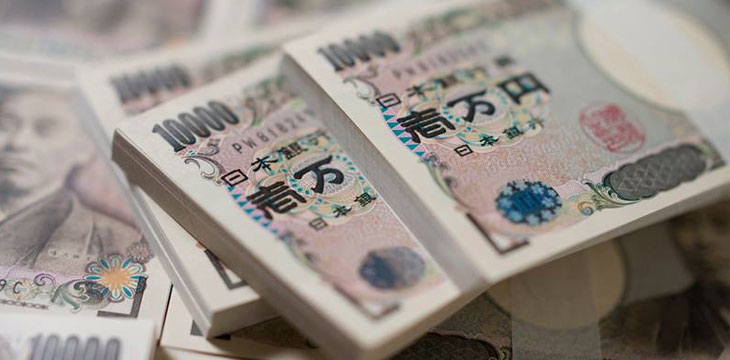|
Getting your Trinity Audio player ready...
|
We’ve all heard the lame excuses—cryptocurrency is only good for criminal activity, cryptocurrency is only useful for money laundering, cryptocurrency has no real purpose—in trying to derail crypto as a legitimate alternative to fiat. Of course, the statements need to always be taken with a grain of salt and the speaker needs to be identified. In every case, the person uttering the words was a definite fiat pundit who either didn’t understand crypto or who was too embedded with fiat to be able to see the bigger picture. The truth has begun to surface, though, and none of those arguments stand up to scrutiny. Japan has just given us another good indication of the fallacy behind the arguments.
The Japan Times reports that, according to an “official police document,” the country has seen a total of 340,000 suspected cases of money laundering activity or abuse this year in all types of financial transactions. Of this amount, only 6,000 transactions were related to cryptocurrency. Quickly crunching numbers, that means that only about 2% of all the money-laundering activities was found in crypto.
6,000 is still a big number, for sure. However, given the fact that 334,000 cases of money laundering were recorded through fiat, it’s merely a drop in the bucket. Measures are already being undertaken to help reduce the number more, but the fact that money laundering can still be so prevalent in fiat after centuries of existence shows how difficult the activity is to control.
Japan is working diligently to provide better oversight of cryptocurrency entities and exchanges. It is introducing a number of measures that will help prevent tax evasion and control initial coin offerings (ICOs) and the Japan Virtual Currency Exchange Association (JVCEA), a self-regulatory entities overseeing crypto exchanges, has authority to patrol the industry, as well.
Any system anywhere in the world can be used positively or negatively—nothing can escape this, not even cryptocurrency. However, it has already shown itself to be a viable option and one that allows users to take back control of their own money. It is not “that thing that criminals use” or “an environmental disaster.” It is a legitimate type of currency that continues to be accepted by more and more merchants everyday.

 02-26-2026
02-26-2026 




